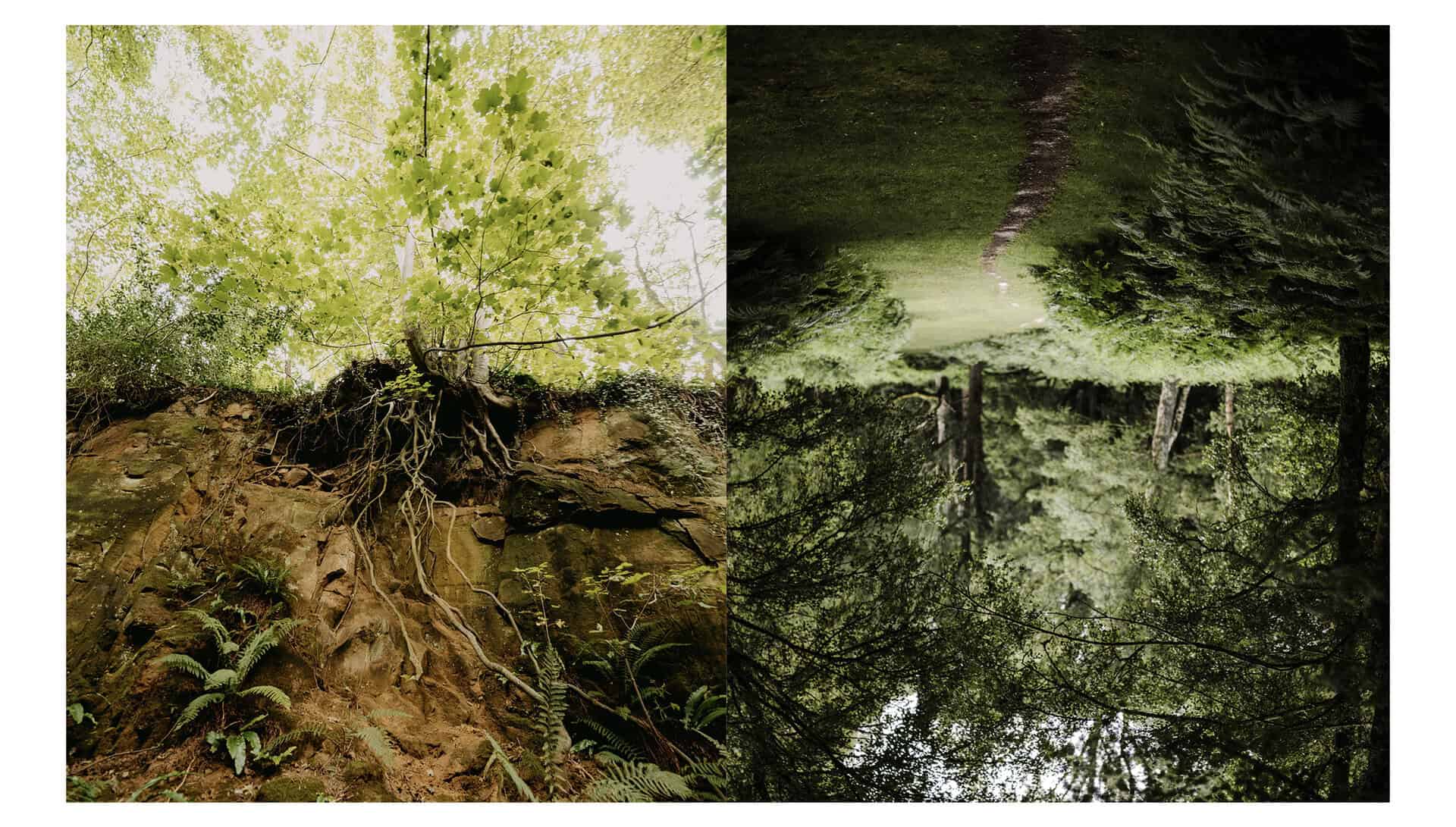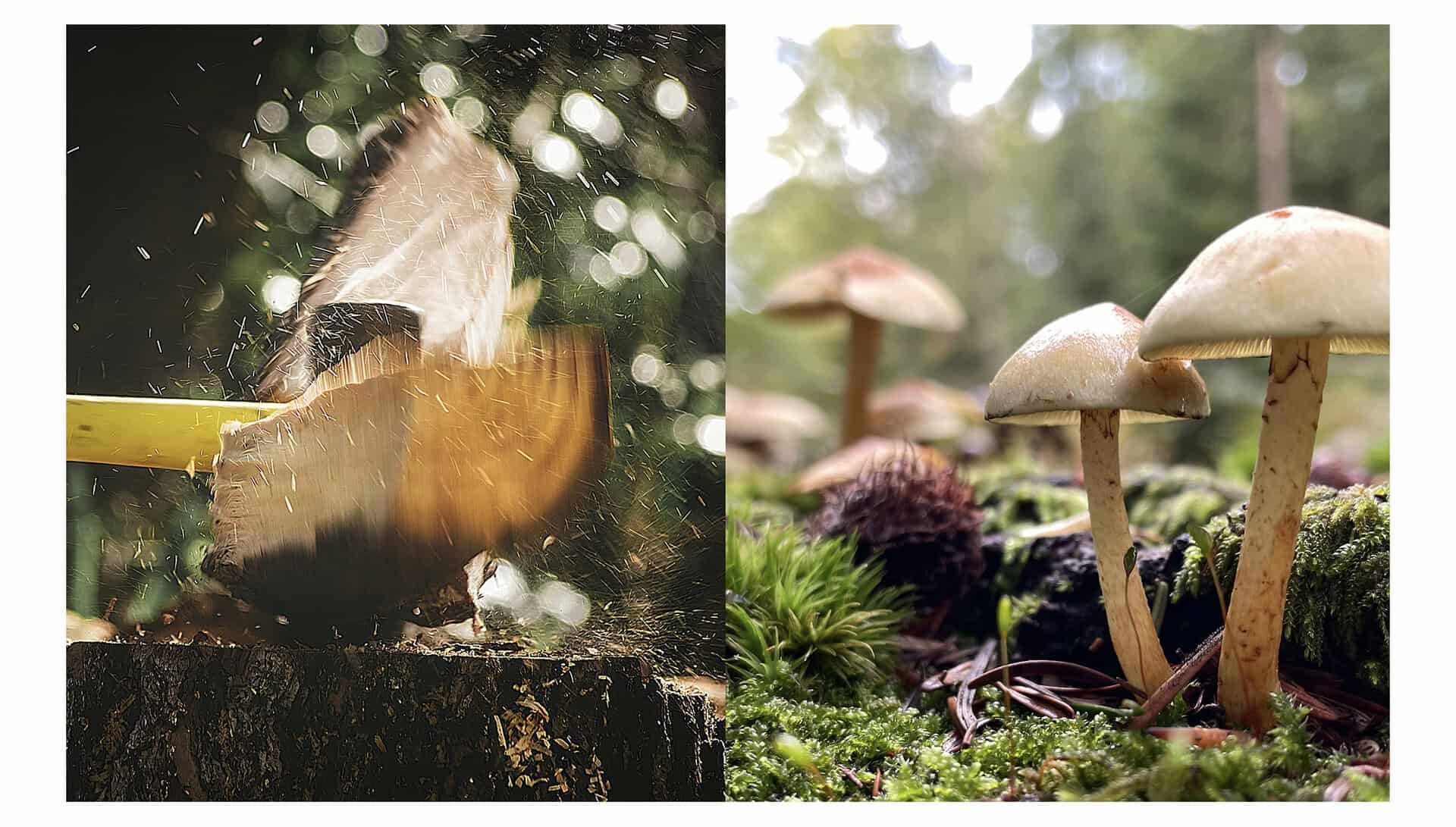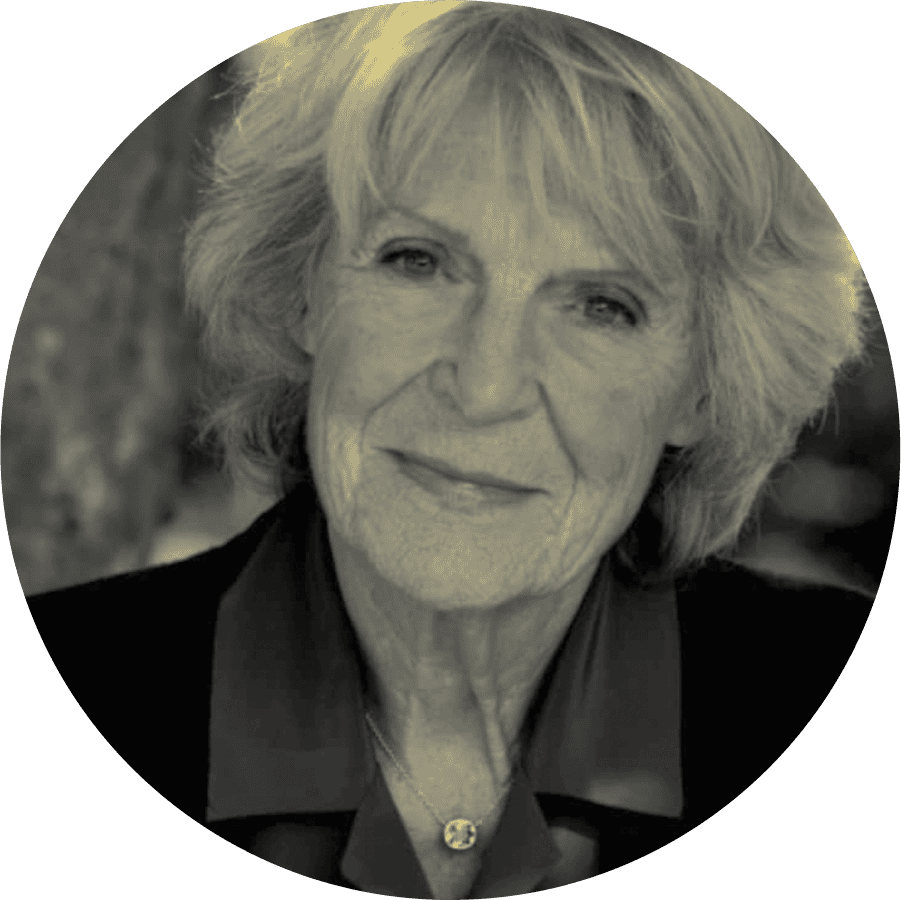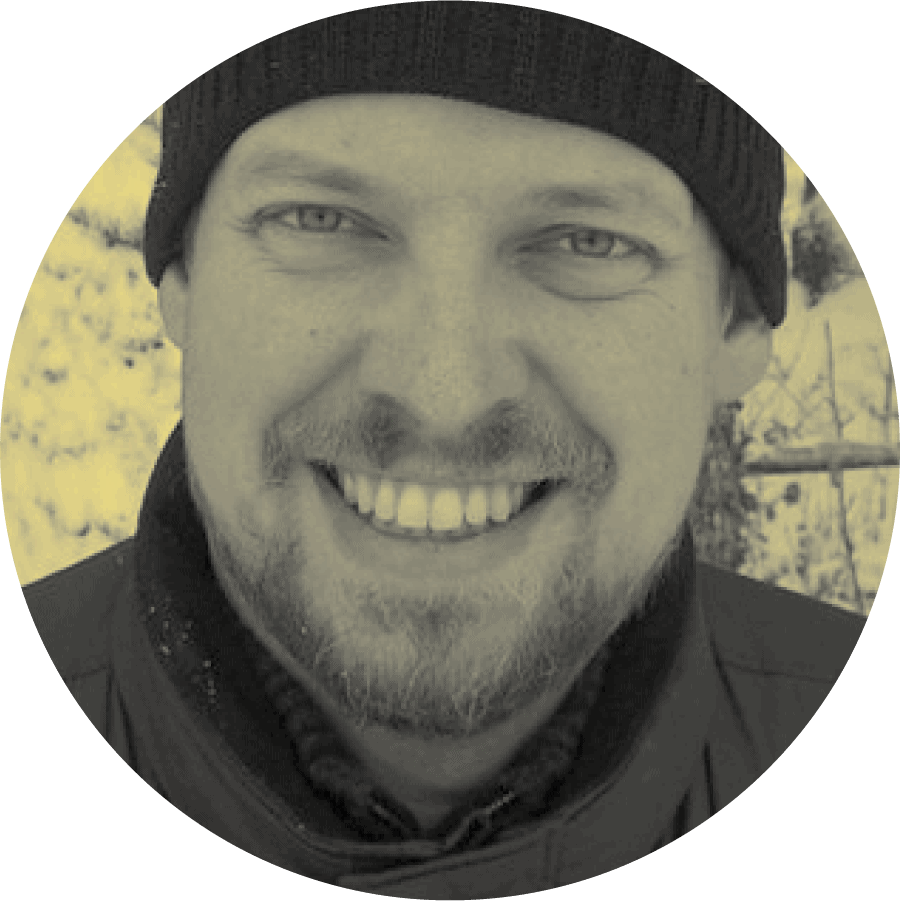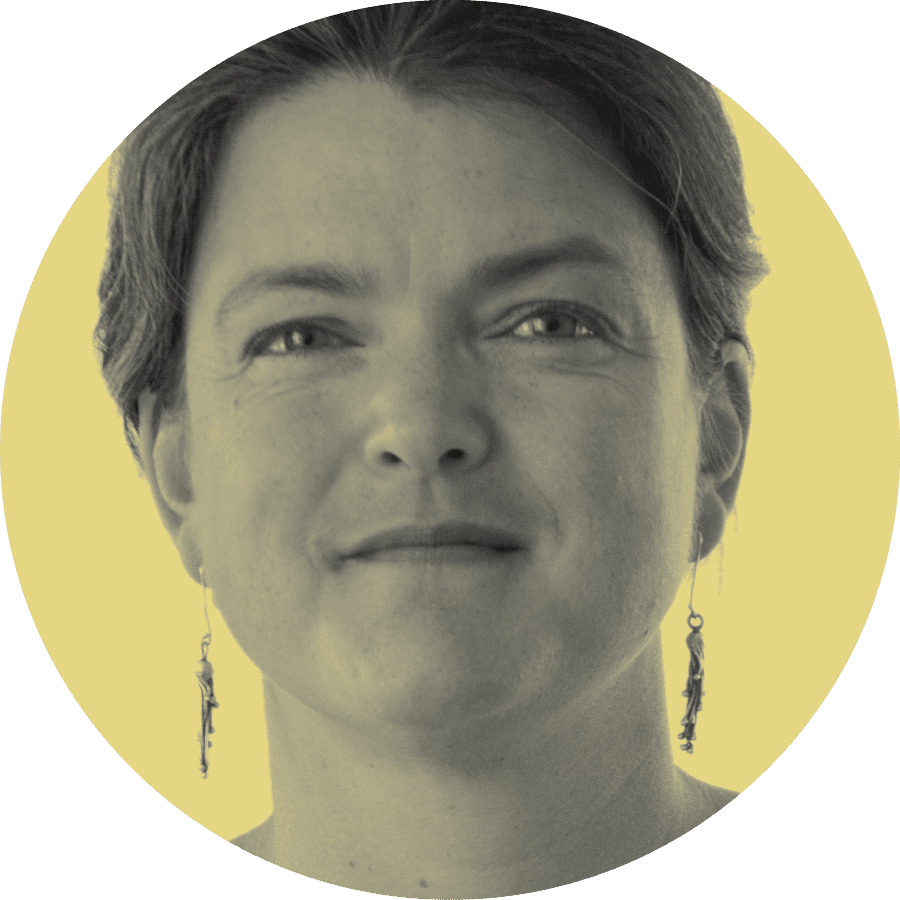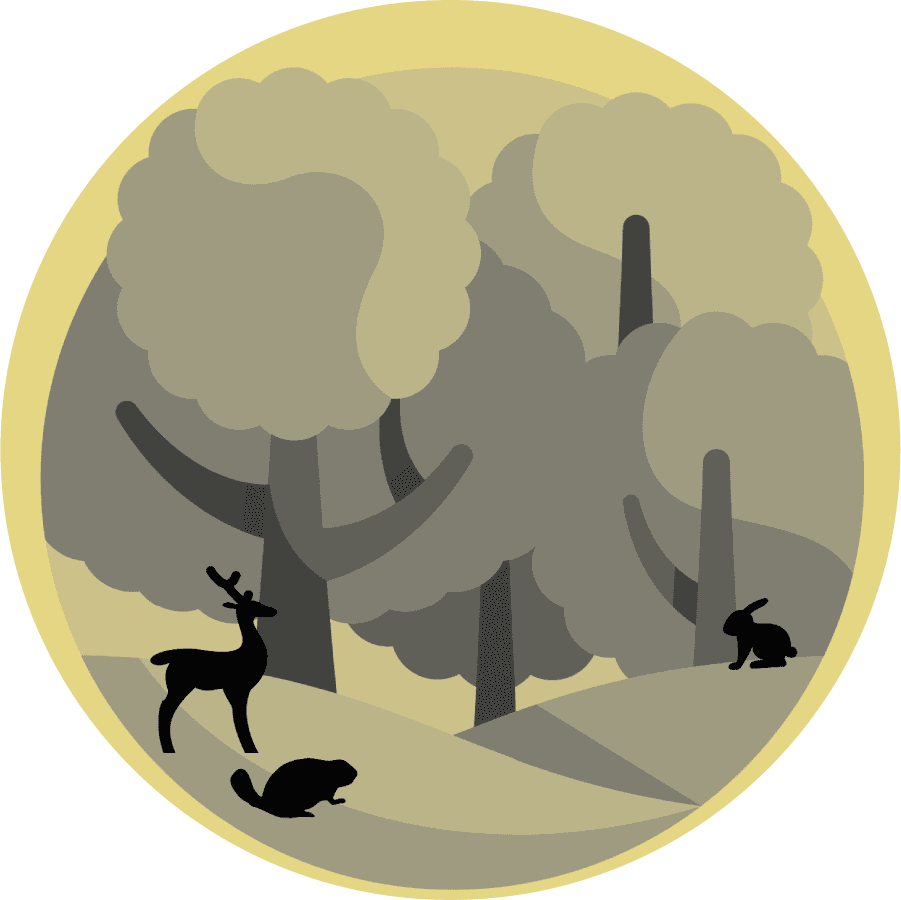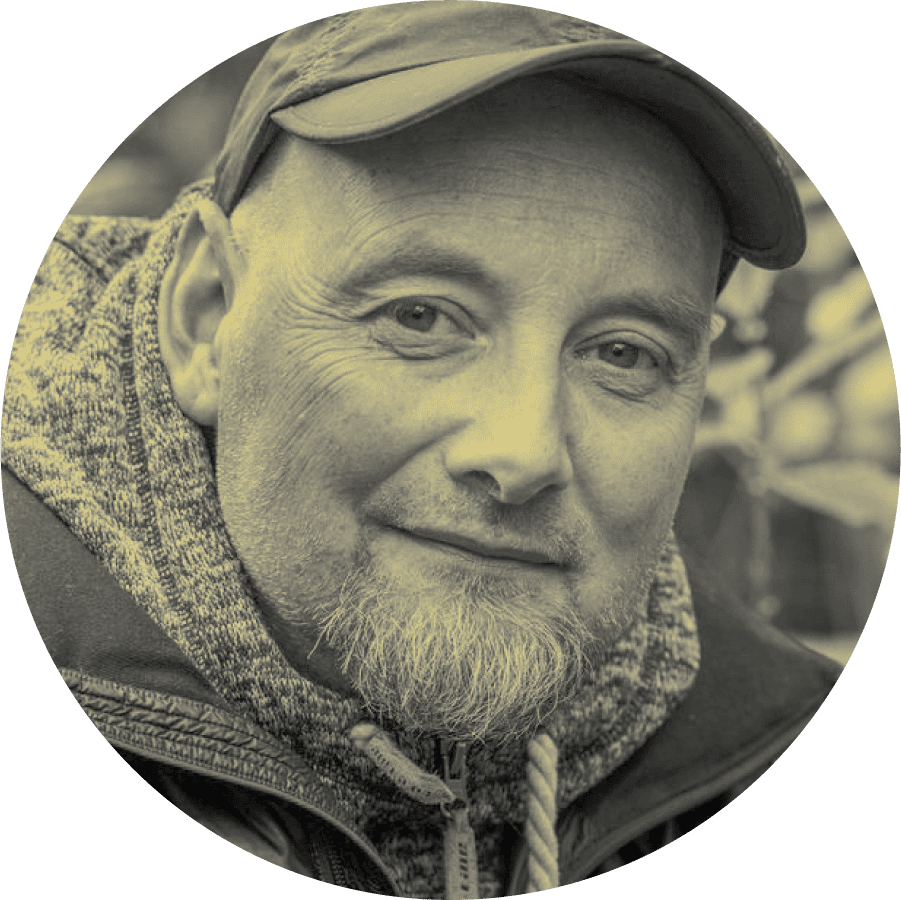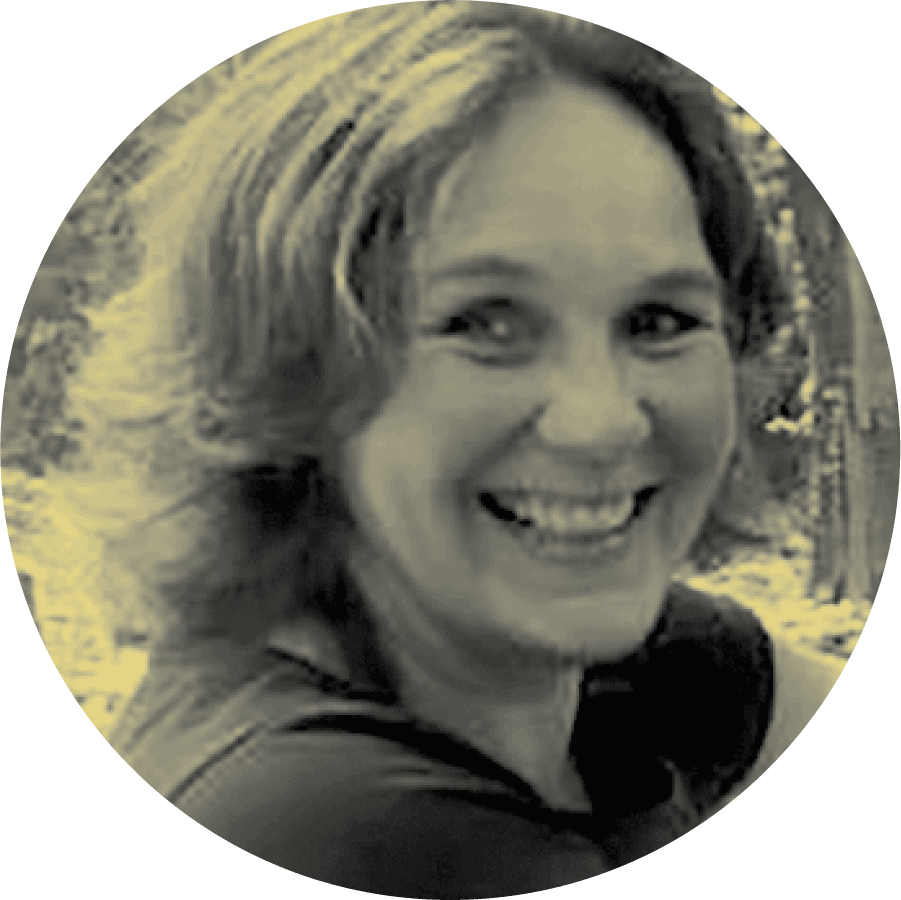Workshops Day 2 Friday November 17th
Workshop Baselines
Forest Ecosystems in the Netherlands
What types of nature or agriculture correspond with forests in The Netherlands? Is there any space left for the forest? As a socio-ecological system, what do forests need in order to function properly?
- Sustainable forest management in the Netherlands – Dutch forests facing new challenges
Ute Sass-Klaassen dendrologist and forest management expert will together with her colleagues dive deeper into what into the subject of sustainable forest management in a small country like the Netherlands
The Netherlands is also known as Holland. A name which derives from Holtland, Wood-land. A stretch of the earth full of trees. Yet no so long ago we managed to cut it back it a mere 1%. Nowadays it’s grown back to 11%. Massive if you think of it. We’ve been planting it all back, mostly for production. What does this mean? It means the forests we see nowadays almost all have a history as production forests. Can a production forest, a woodproducing piece of land become natural again? And fend off climate change? Can it produce wood still at the same time. It seems full of paradoxes. Ute Sass-Klaassen and Jan den Ouden have been following Dutch forest management for many years and will take you with in dissecting these paradoxes. A journey along the changing Dutch forest management, the transforming forests themselves, through to the things we ask from the forest, including… wood.
- Space: Planning new forests amongst many other priorities
Nienke Welle is the Forest Matchmaker of The Netherlands.
More forest? Yes please! But not in my backyard… Real estate in a forested area tends to have a higher value. Forests also tend to deliver so many ecosystem services. Yet in the battle for space and priorities new forest always comes last. How can we change this? What should forest do to become the number 1 land use option? Nienke Welle is the National Forest Broker. Focusing on the Province of Utrecht she will go through the many hurdles as well as solutions on the way to increasing our forest area.
- Imagination: The ways we imagine ourselves as part of the forest
Ruben Smit will take us along the ways we imagine ourselves as part of the forest
Man a tree, rooted in the same soil as the surrounding ecosystem. Or does Man hover over this ecosystem, merely attached to the soil by a slim intravenous tube. Ruben Smit is a forest ecologist and filmmaker. His view on mankind is that of population dynamics, urban nature, but also of an organism who can relate consciously to the same heavy toll it’s putting on its surroundings. Is Man part of nature and what would that mean? This is the question Ruben will ask his audience and what you’ll actively try to answer.
Workshop Action
Forest Use
What do we need from the forest? Can forests respond? How do we imagine us as people of the forest?
- Wood in the transition towards a Biobased economy in the Netherlands
Marjan Slob (Philosopher) and Anja Verdonk (Natrufied Architects) investigate building houses with wood from our neighbour forest.
Sometimes half the world seems to consist of concrete. How about replacing this bleak and cold material with wood: warm, natural, renewable, capturing CO2. At the same time there’s this uncomfortable feel that we must plant yet more trees, protect more forest. What must we do? Marjan Slob is addressing just that. This uncanny feeling. And wrote a book about it: The House For The Trees. Anja Verdonk who’s an experienced builder in wood through her company Natrufied Architects also had this uncanny feeling and addressed it in another way: if we cut trees at all why don’t I make the most of it and see if even the trees cut locally can find a way into my designs? Please join both in their train of thoughts from Forest to Forester to Builder to Consumer.
- Nature with Autonomy: the Forest that Belongs to Itself
The Forest that belongs to Itself-foundation has put up a landmark for the Rights of Nature-movement by giving voice as well rights to an actual stretch of forest in the Province of Utrecht. With this in hand the foundation can now work towards concrete goals: legislation, a mind shift, an Act of Redemption.
In this session inspired by Robin Wall Kimmerer’s book Braiding Sweetgrass we will investigate what an Honourable Harvest can look like when we apply this to a forest.
- A serving community, mutuality between Human and Nature
Maarten Filius and Simoon Fransen of Creabitat investigate in what ways man can live together with the surrounding ecosystem in mutually beneficial way.
Making the connection with your environment. Caring for this environment so it’ll care for you. Wouldn’t that be ideal? So is Creabitat’s vision. That we as humans will start attributing positively to our environment. That we’ll get to serve instead of just to take. Creabitat doesn’t just dream of it but looks at in a very practical way. By connecting literally with the land, the fields, the orchards and the forests. Simoon Fransen and Maarten Filius will tell you how but not only that. They will challenge you to think with, and beyond the idea.
Workshop Knowledge
Forest Knowledge and Stewardship
How does what we know and have always known affect how we co-exist with forests? And what does that mean for the future development of forests?
- Cultural and spiritual significance of Nature – Implications for Forest and Nature Conservation
Bas Verschuuren (WUR) is a forest anthropologist who’s consistently looking for ways to consolidate conservation practices with the cultural and spiritual significance of nature. He will focus on developing practical guidelines and hands-on ways to bridge the gap.
We all agree that important ecosystems need conserving. Our initial inclination is to protect it by fencing off any threats, often human-induced threats. But did not these same humans live together and even cared for it for thousands of years? ‘Taking out humans’ would remove the caring humans as well, making the situation worse. The knowledge of an area and the connection with it is often the prerequisite of caring and conserving, a trait we now recognise as belonging to local indigenous people. The non-indigenous view which focuses primarily on protection, also aims tp care and to conserve. Finding a common ground could be a solution. Developing this has been a field of interest for Bas Verschuuren. In this session, he will work with you on developing guidelines.
- Continuing a long line of land and forest management –thinking 7 generations ahead – an Estate owner’s vision on the future
Boudewien van Notten (Estate Huis te Maarn) and Frank Gorter (Estate Welna)
We hear it said very often: short-term thinking is the rule. We do not take into account the next generations. We continue to use up the planet. And these next generations are not present to defend their positions and their right to exist on a liveable planet. Therefore we often place an empty chair at meetings, meant as a reminder of these generations. Or we try to go through the motions of imagining the consequences for the next – say seven – generations whenever we’re about to take big decisions. This scenario is commonly faced by estate owners. People who tend to build on a legacy are more confronted with psychological issues and feel the onus of being a link between of previous and following generations. Property is not something which one can use and then discard. Property needs caring for and even leaving it in a better condition than before. Together with three estate owners, we will explore how this works in present-day society and in the face of the many crises we experience. And we will try to answer the question whether we are able to apply this psychological ownership in other sectors as well. We will do this together with Boudewien van Notten and Frank Gorter.
- Knowledge and Stewardship – a special session by the board of NatureCollege
Princess Irene, Matthijs Schouten, Willem Ferwerda and Klaas van Egmond
Humans are part of Nature and cannot be seen separate from it. Humans are at the same time unique in the way that they deeply intervene – purposely or non-purposely – in the balance of cohabitation with all living elements on Earth. Knowing that we are part of nature, that we áre nature, can put in motion changes in the way we relate to nature, can teach us how to form a unity with nature. De board members of NatureCollege all bring forth their knowledge and expertise in support of this mission. In this session they will reflect with the audience on theme’s like inner change, partnership, nature skills, imagination, scientific and indigenous knowledge and transformation. And of course the role forests play in this. The forest as a quintessential place and metaphor for the cohabitation with other lifeforms.

